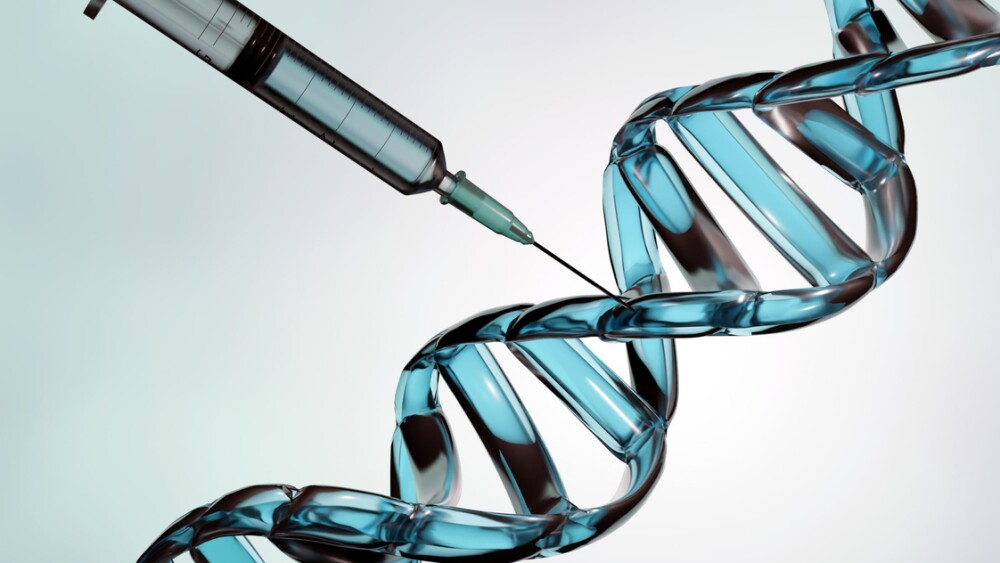06 November 2024 | Wednesday | News

Picture Courtesy | Public Domain
bluebird bio, Inc. (Nasdaq: BLUE) announced that new and updated data from its lentiviral vector (LVV) gene addition programs in patients with sickle cell disease who have a history of vaso-occlusive events and patients with beta-thalassemia who require regular blood transfusions will be presented at the 66th American Society of Hematology (ASH) Annual Meeting and Exposition. The meeting will take place December 7-10, 2024 at the San Diego Convention Center and online.
“The data to be presented at ASH 2024 continue to underscore the transformative, long-term potential of bluebird’s gene therapies,” said Richard Colvin, M.D., Ph.D., chief medical officer, bluebird bio. “Our programs continue to be the most deeply studied in the field, now with up to a decade of follow-up in patients with transfusion-dependent beta-thalassemia and almost ten years of follow-up in patients with sickle cell disease. We especially look forward to the first ever focused sub-analysis of lovo-cel’s clinical impact on patients with a history of stroke, which is unique among gene therapies for sickle cell disease.”
bluebird bio will present updated follow-up data and analysis of early predictors and response to lovotibeglogene autotemcel (lovo-cel) in patients from HGB-206 and HGB-210 studies, demonstrating consistent clinical outcomes as early as six months post infusion and continued durability of clinical benefit of lovo-cel.
An integrated analysis of lovo-cel in patients with sickle cell disease with a history of stroke, including overt stroke from the HBG-206 Group A and Group C studies and silent stroke from the HGB-206 and HGB-210 studies, will also be presented. The data demonstrate clinical benefit in patients with a history of stroke and consistent outcomes with the overall lovo-cel treated population.
The lovo-cel treatment regimen safety profile reflects the known effects of underlying sickle cell disease and myeloablative conditioning and is similar across age groups.
The company will also present updated long-term analyses of efficacy, safety, and health related quality of life data of betibeglogene autotemcel (beti-cel) in patients with transfusion-dependent beta-thalassemia (TDT). Data from the long term follow up study of up to ten years reveals patients with TDT achieved durable transfusion independence and normal or near-normal hemoglobin, regardless of genotype and age, with a favorable long-term safety profile.
© 2026 Biopharma Boardroom. All Rights Reserved.